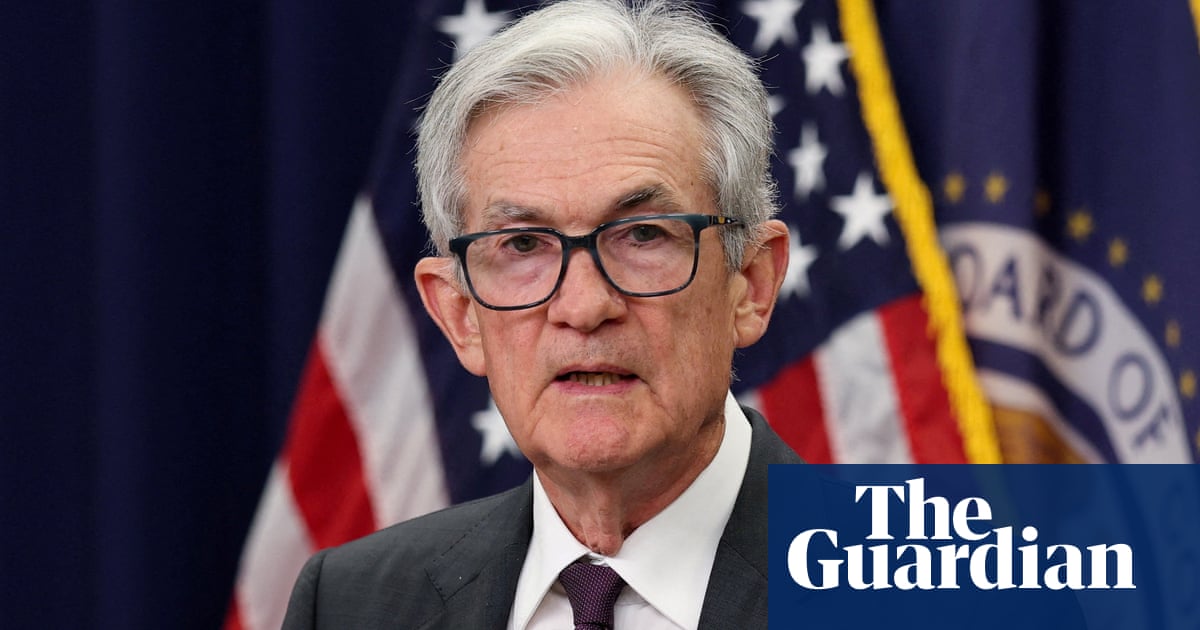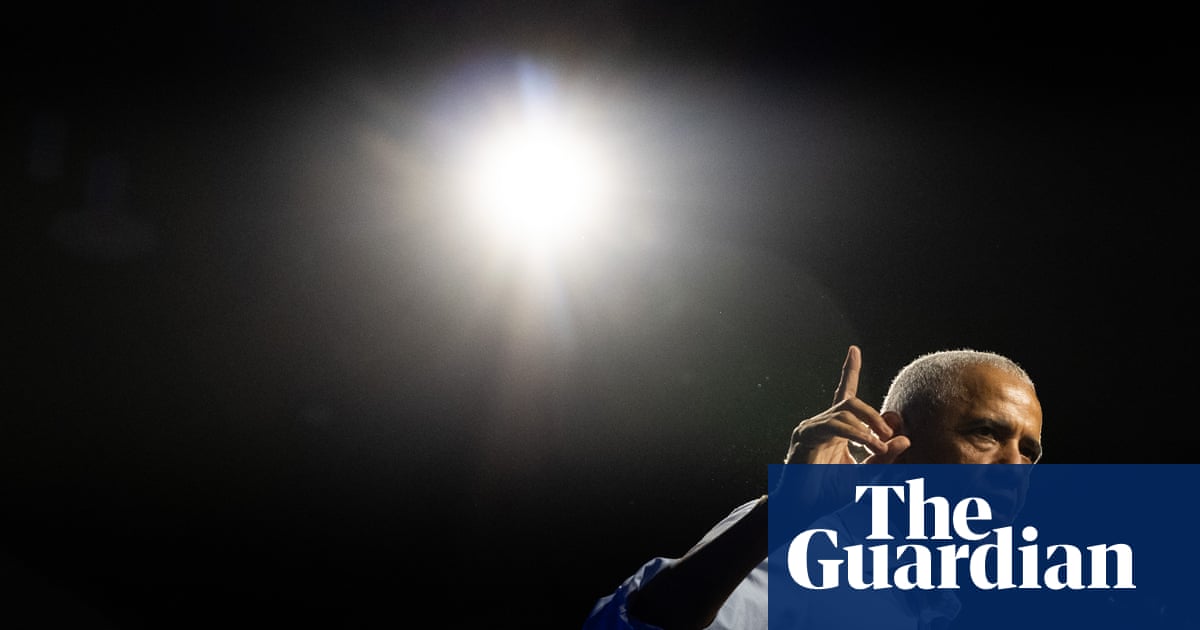Iran and the US have stood at a crossroads in recent weeks. Down one path lay negotiations that, while difficult, promised benefits to the citizens of both countries. Down the other path, a protracted war that promised little more than destruction.
Back in 2018, Donald Trump had blocked the diplomatic path by tearing up the existing nuclear agreement with Iran – the Joint Comprehensive Plan of Action. But since beginning his second term in January he has been surprisingly open to negotiations with Tehran. Iran’s supreme leader, Ayatollah Ali Khamenei, seemed ready to go along.
But the Israeli prime minister, Benjamin Netanyahu, has now decided for them in favor of the path of war, and despite initial hesitation, Trump now appears to be following him. Though uniquely positioned to rein in Netanyahu – more than any US president in decades – Trump has jumped on his bandwagon.
After entering office, Trump rightly pursued a deal that would offer Iran sanctions relief in return for an end to its nuclear weapons program. This deal would have served the interests of both parties. The risk of an Iranian nuclear breakout would have been greatly reduced, thus reducing pressure on other regional and global powers to pursue nuclear weapons themselves. Global energy markets would have benefited. The United States could have meanwhile pursued the drawdown of its military forces in the region, thus furthering a goal of every US president since Barack Obama. Improved US relations with Iran would also have helped to complicate Iran’s deepening ties to Russia and China.
But the Israeli government wanted none of this and has therefore spoiled the Trump administration’s negotiations. The Israeli government claims that Iran was days away from a bomb and that it had no choice but to attack. This is hard to believe. For years, experts, including the US intelligence community, have estimated it would take months if not years for Iran to not only produce enough highly enriched uranium but to also build a bomb with it. If this timeline had changed in recent days, the US would almost certainly have joined Israel in these strikes.
The strikes also will not end Iran’s nuclear program. The damage will be real, and military operations are ongoing, but Israel is ultimately only capable of destroying parts of Iran’s program. The destruction of the uranium enrichment facility at Natanz is a setback for Iran, but these facilities can be rebuilt. The assassination of Iran’s nuclear scientists is a blow, but their knowledge can also be replaced over time. History shows that so-called decapitation strikes can have a near-term effect, but they rarely work in the long term. Even if the United States now joins Israel in strikes, this will not eliminate Iran’s weapons program entirely without a regime change operation against Tehran. That strategy would repeat the tragic errors of the 2003 Iraq war, but on an even larger scale.
Iran’s nuclear weapons program will thus remain in some form. But hope of negotiations to control it is now badly damaged. The result is the worst of both worlds: a vengeful Iran even more determined to get nuclear weapons and no hope of negotiating a way out.
Marco Rubio, the US secretary of state, has wisely attempted to distance the United States from Israel’s attack. Trump, however, who initially tried to rein in Israel’s attack, has now tried to use it as leverage to get Tehran to sign up for his deal. Aligning America so closely with Israel at this juncture is only likely to draw the United States more deeply into the conflict and expose it to Iranian reprisals.
As a negotiating tactic it is also unlikely to work. The autocrats in Tehran cannot allow themselves to be visibly coerced into a deal lest it damage their domestic legitimacy. Some powerful Iranian officials moreover benefit from the status quo under sanctions, which have enriched a powerful few at the cost of the Iranian people.
Israel’s audacious move is another example of US partners seizing the strategic initiative from Trump. Israel’s strikes come on the heels of the decision by the Ukrainian president, Volodymyr Zelenskyy, to strike deep into Russia with drones at the very moment the US was attempting to negotiate a ceasefire with Moscow.
With the US focused on the turmoil the Trump administration is whipping up domestically, and so much uncertainty about the trajectory of Trump’s global policy goals, other actors are probably going to do the same. Unless the administration can find the discipline and focus to get control over its own foreign policy, the United States risks getting dragged into more conflicts that will not serve the interests of the American people.
-
Chris Chivvis is a senior fellow and director of the American Statecraft Program at the Carnegie Endowment for International Peace

 3 months ago
68
3 months ago
68

















































